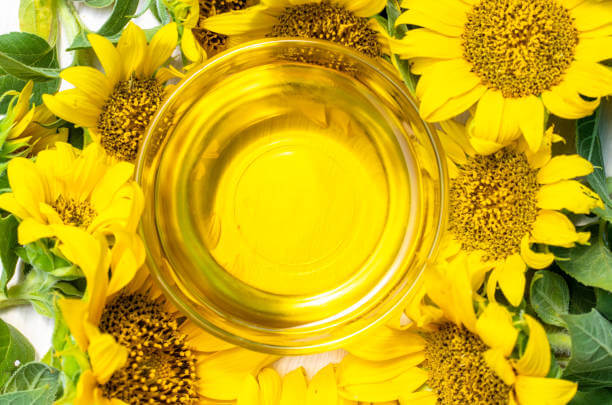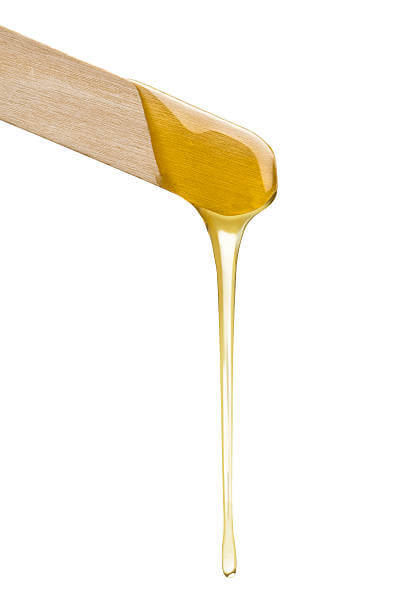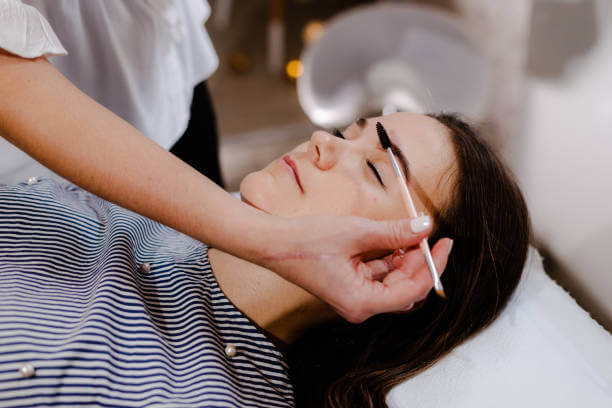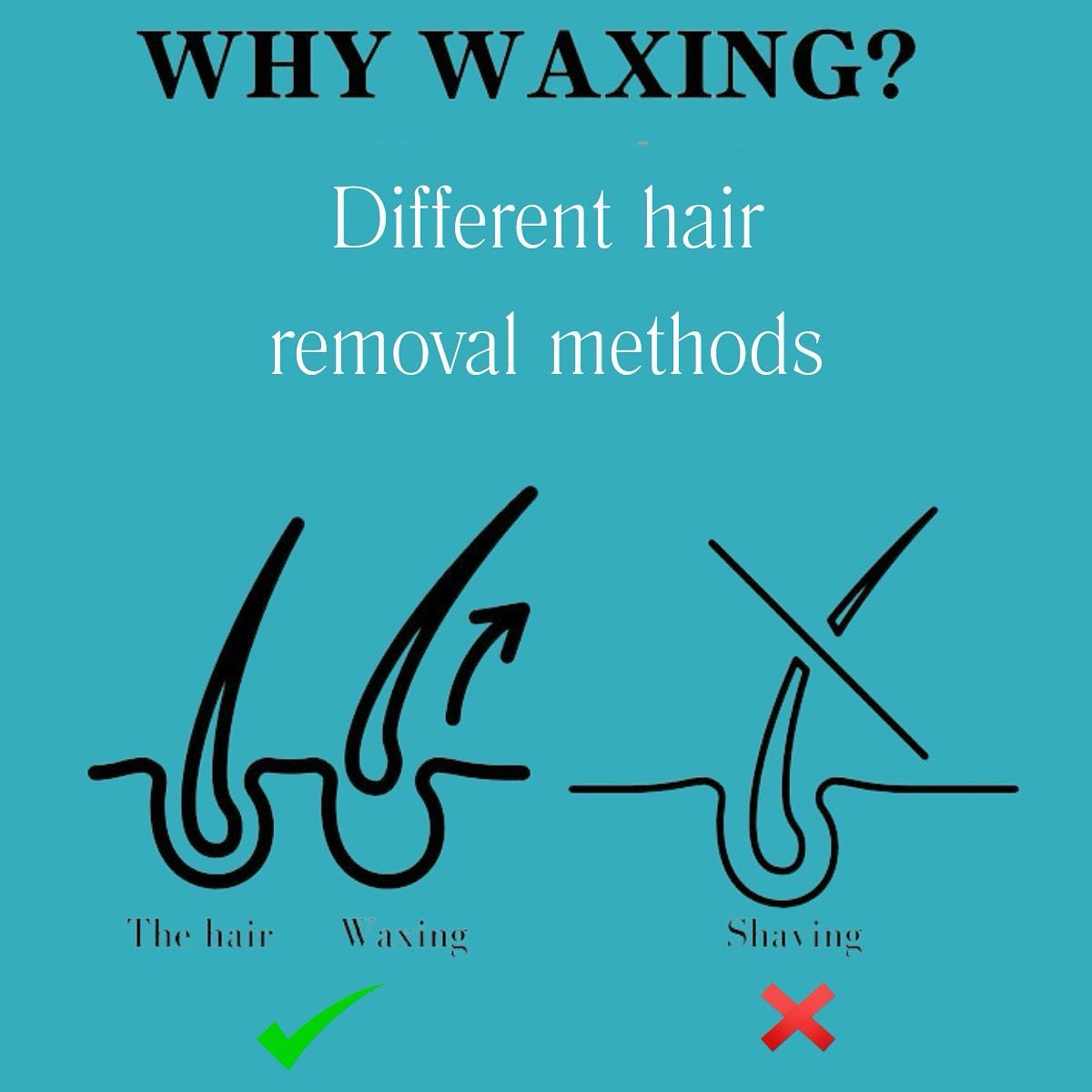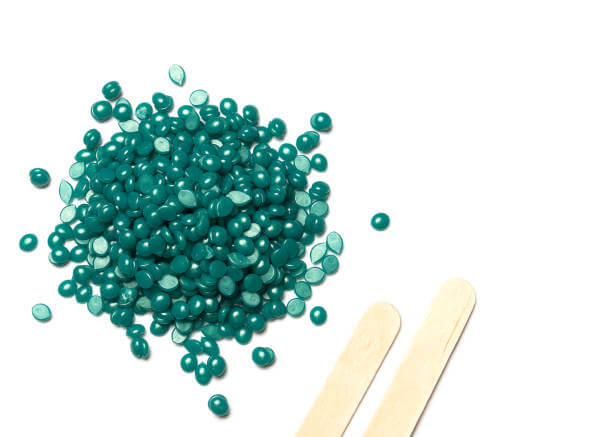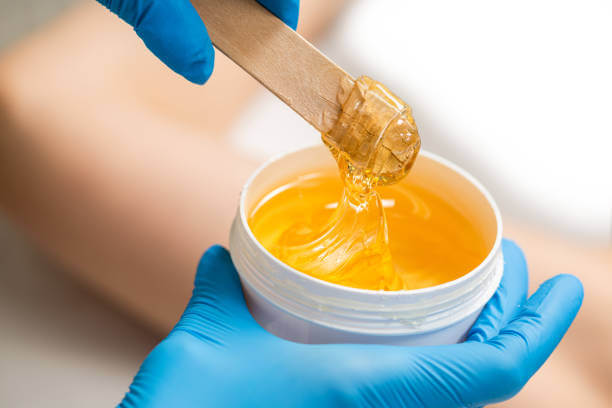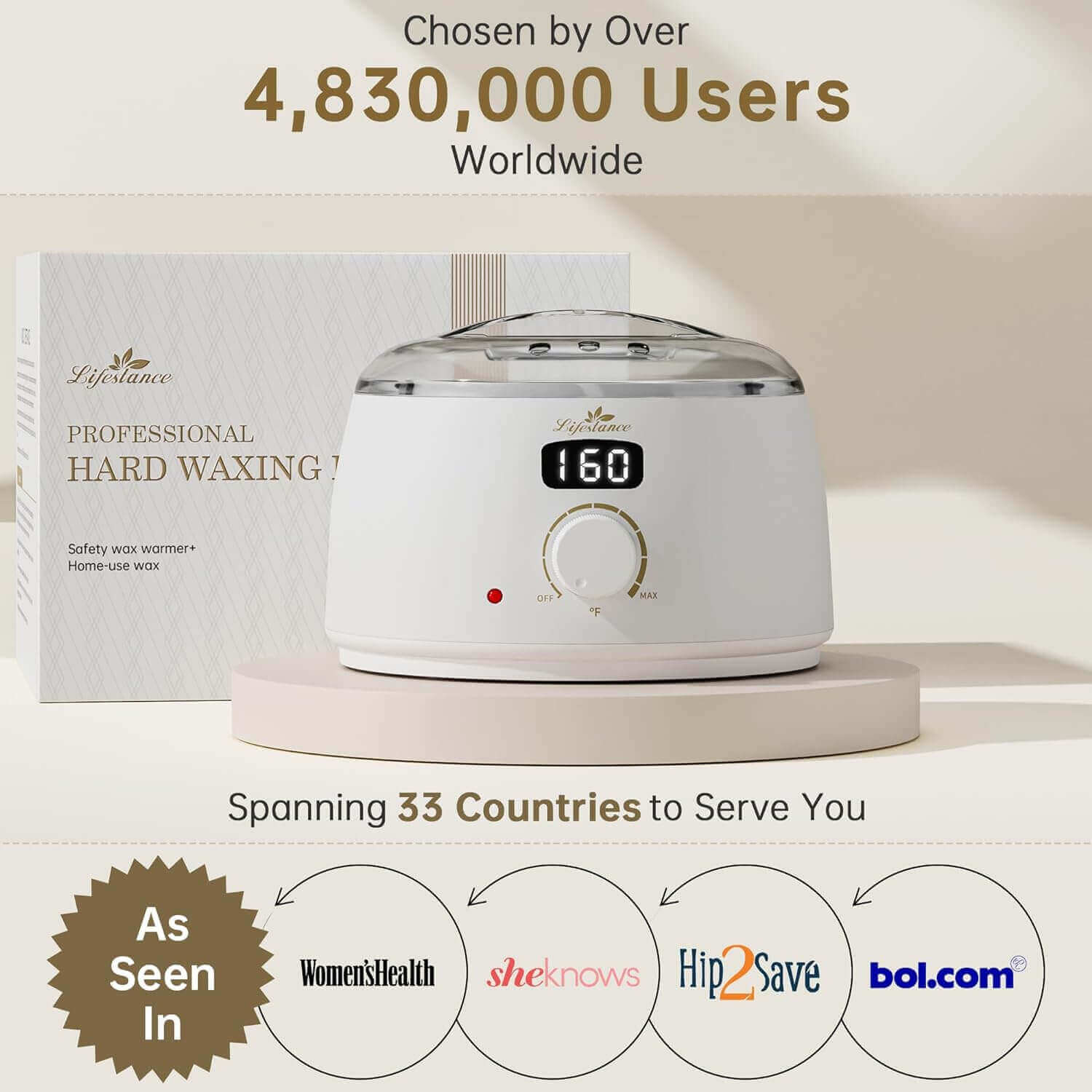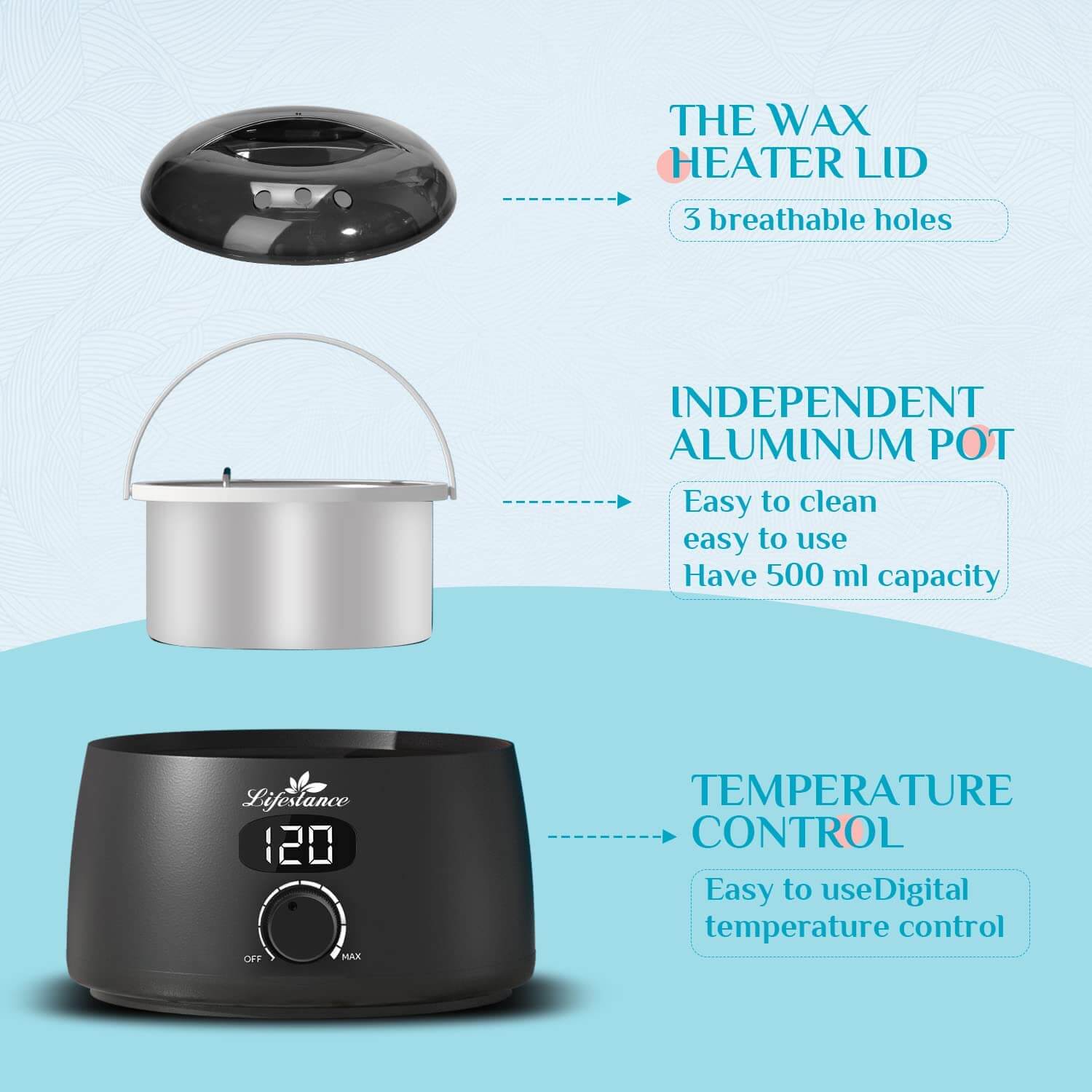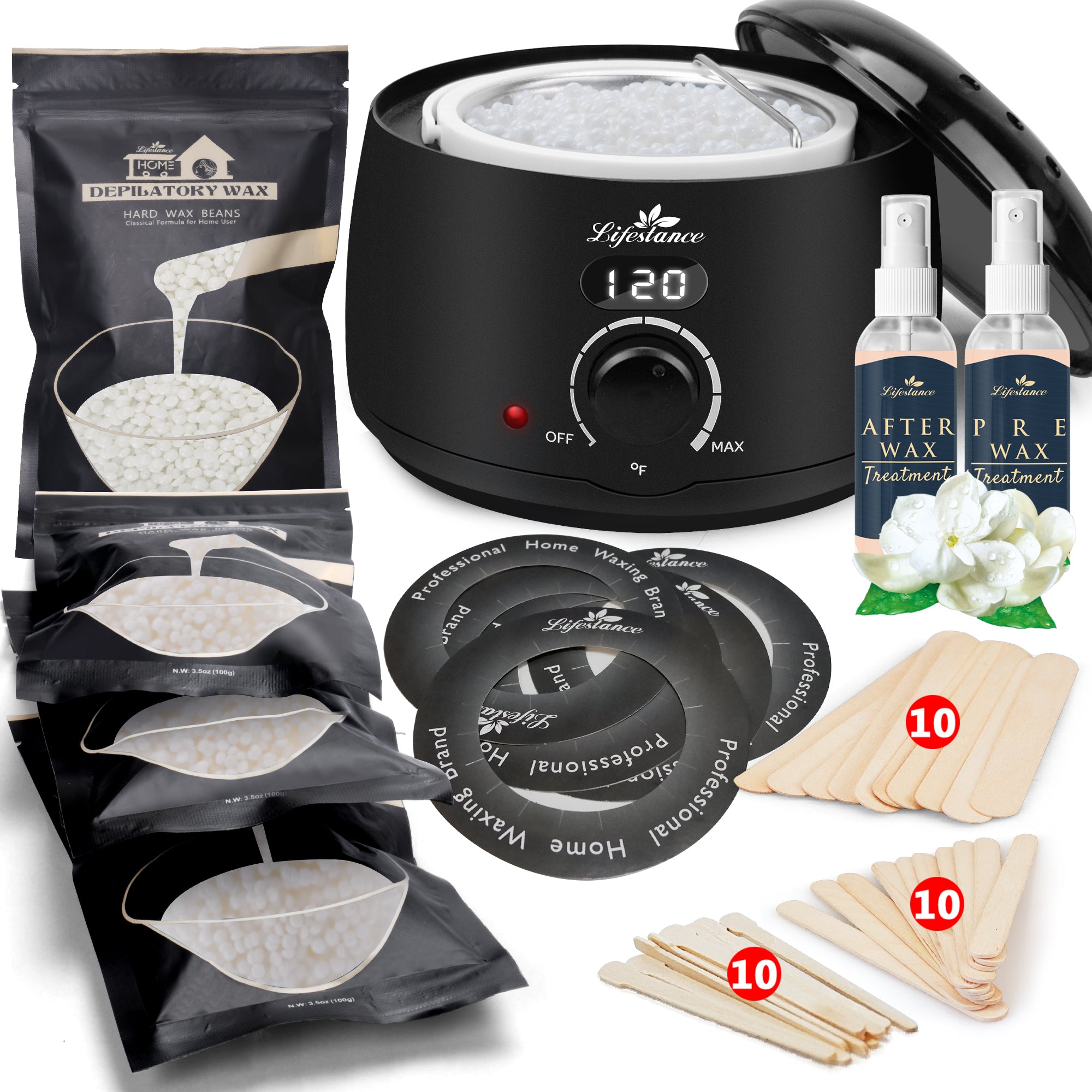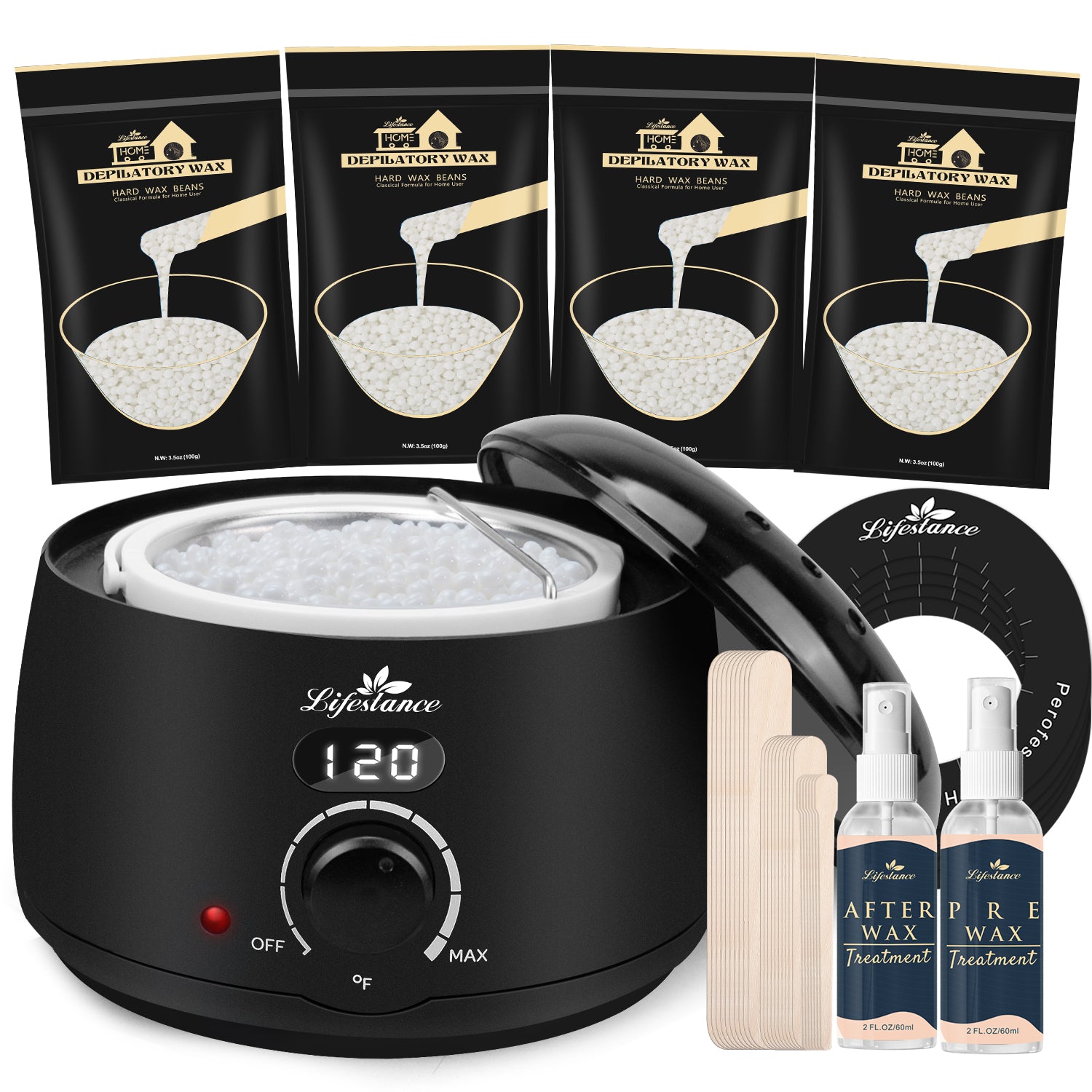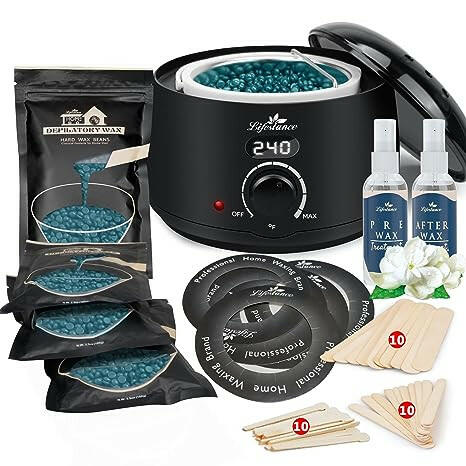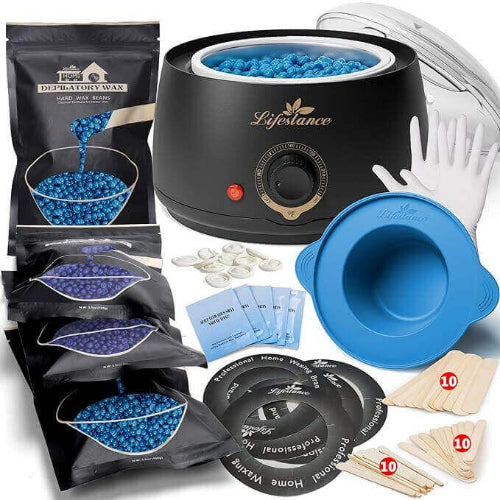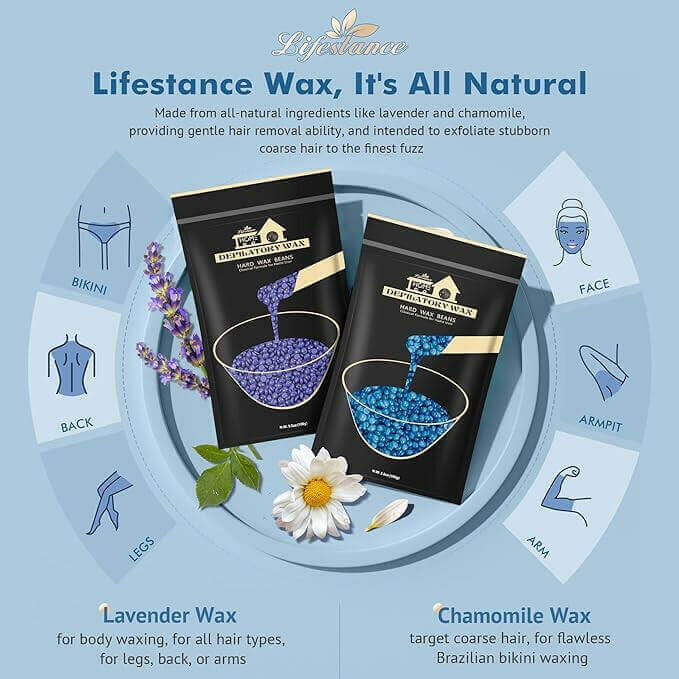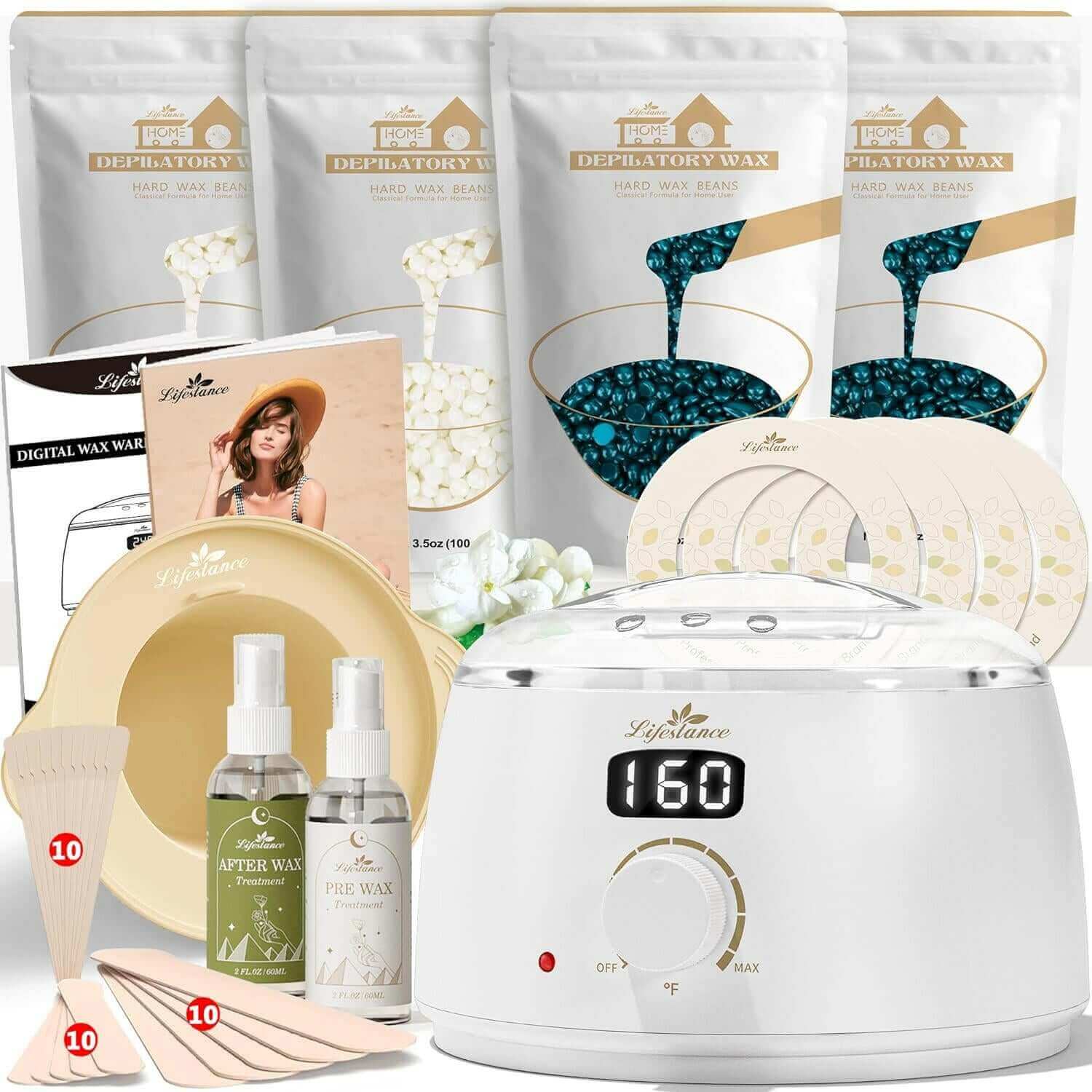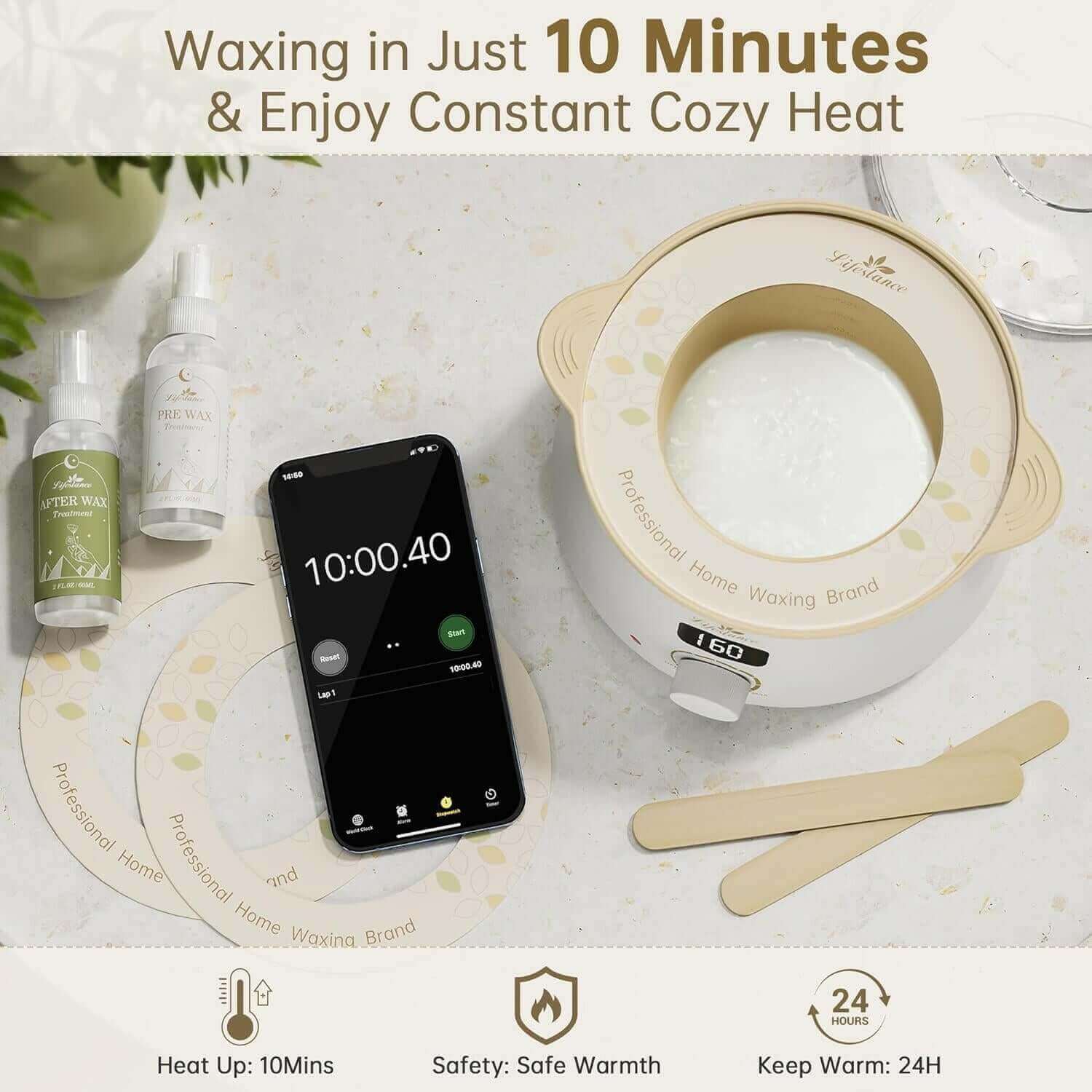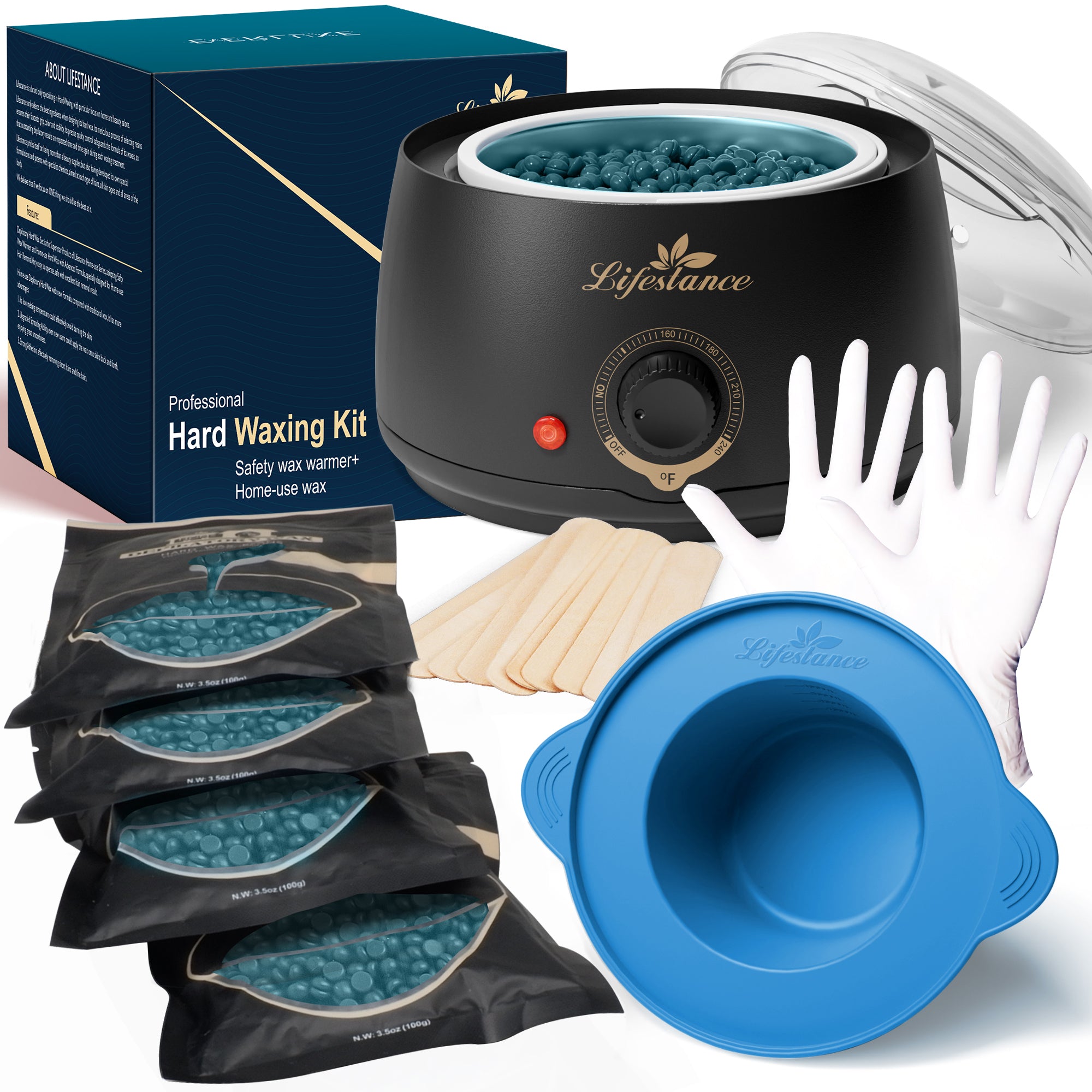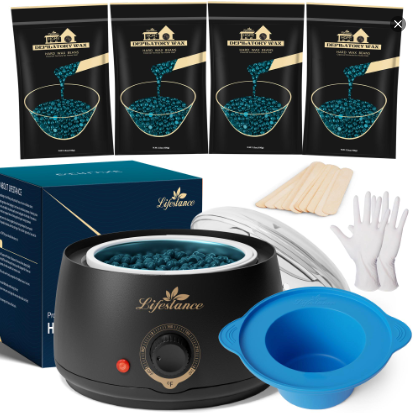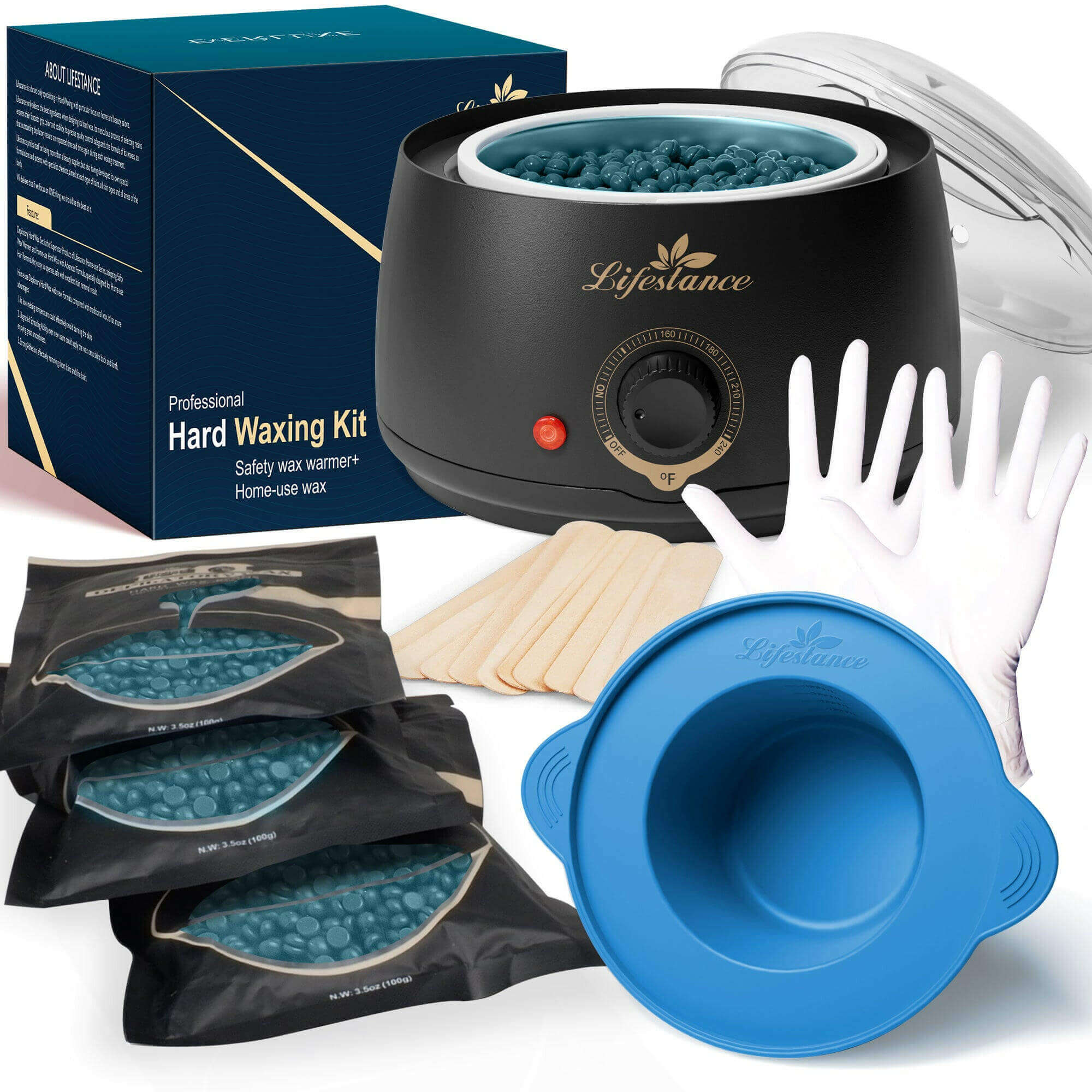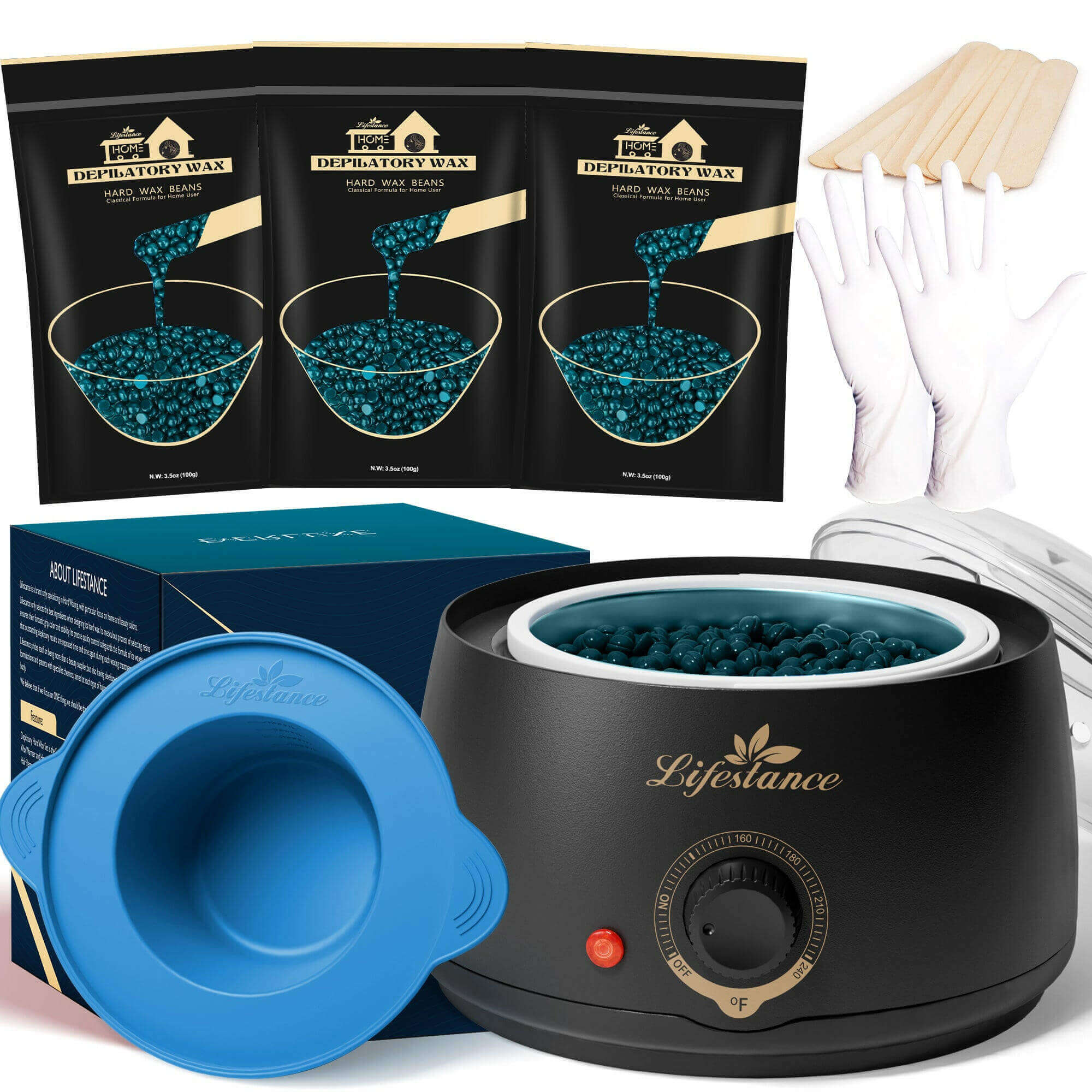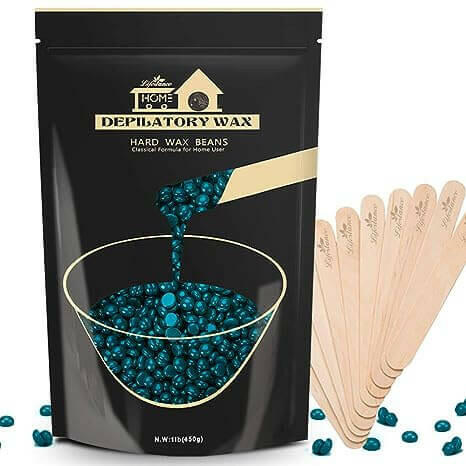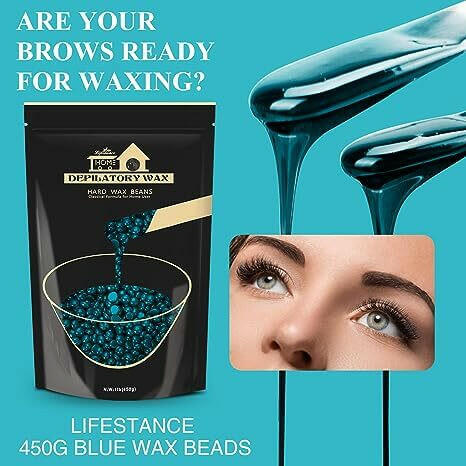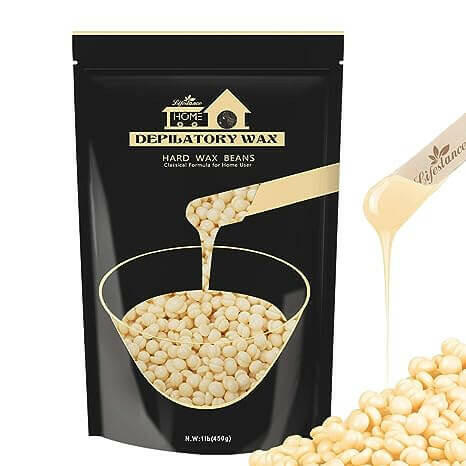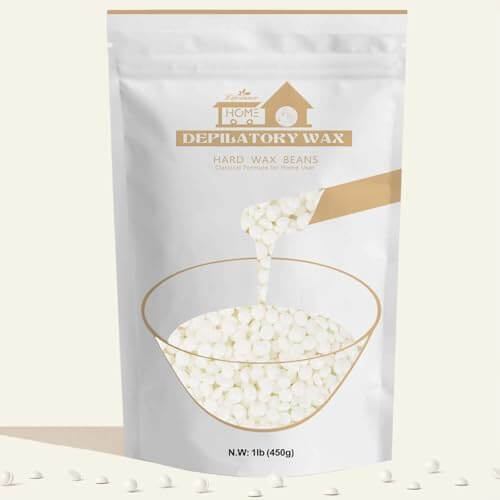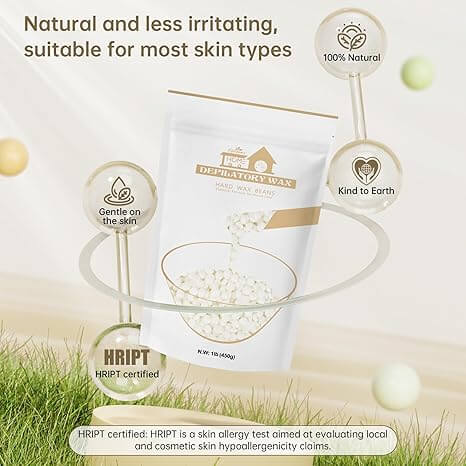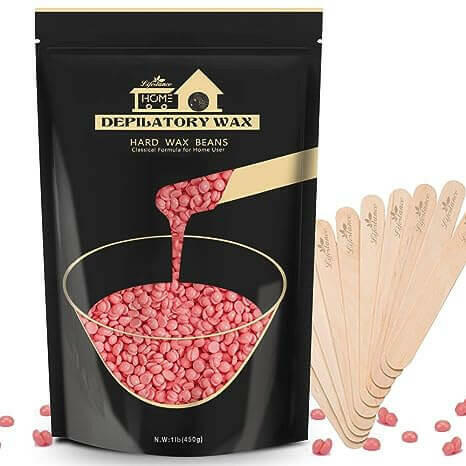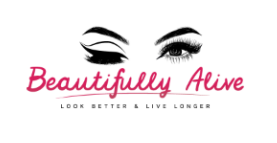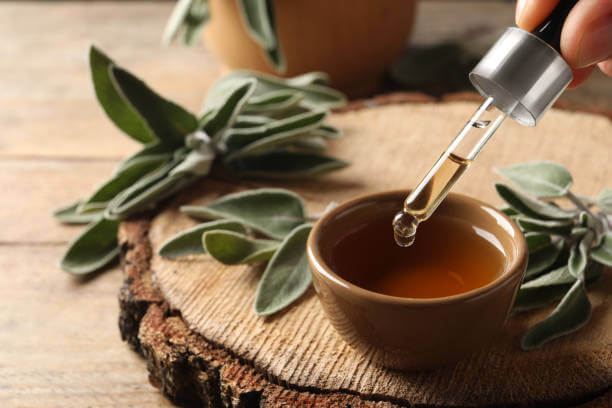
The Truth About Essential Oils
The Truth About Essential Oils: Unlocking Nature's Powerful Remedies
In the world of natural and holistic wellness, essential oils have gained immense popularity in recent years. These concentrated plant extracts have been used for centuries in various cultures for their therapeutic properties and aromatic benefits. However, with their growing mainstream appeal, there has also been a surge of misinformation and misconceptions surrounding essential oils. In this comprehensive guide, we aim to separate fact from fiction and provide you with the truth about these potent natural remedies.
What Are Essential Oils?
Essential oils are highly concentrated, volatile plant extracts obtained through various extraction methods, such as steam distillation, cold-pressing, or solvent extraction. These oils capture the essence of the plant, including its aroma, flavor, and therapeutic properties. Unlike synthetic fragrances, essential oils are derived from natural sources, making them a popular choice for those seeking natural and organic alternatives.
Some of the most commonly used essential oils include lavender, peppermint, lemon, tea tree, and rosemary, each with its own unique properties and applications.
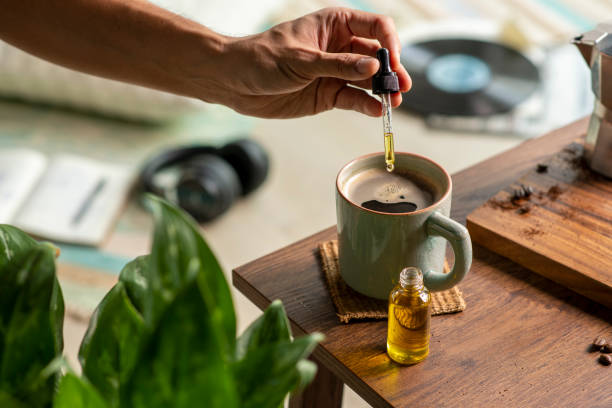
The Benefits of Essential Oils
Essential oils have been used for centuries in various traditional healing practices, and modern research has begun to validate many of their purported benefits. Here are some of the potential benefits associated with essential oil use:
Aromatherapy
One of the most well-known applications of essential oils is in aromatherapy. The aromatic compounds in essential oils can have a profound impact on our mood, emotions, and overall well-being. Certain oils, such as lavender and bergamot, are known for their calming and relaxing properties, while others, like peppermint and lemon, can promote alertness and focus.
Skin Care
Many essential oils possess antimicrobial, anti-inflammatory, and antioxidant properties, making them valuable additions to natural skincare routines. Oils like tea tree, rosemary, and frankincense are often used in DIY skincare products to address various concerns, such as acne, aging, and blemishes.
Household Cleaning
Essential oils can be a natural and eco-friendly alternative to harsh chemical cleaners. Oils like lemon, tea tree, and eucalyptus have antimicrobial and deodorizing properties, making them effective for cleaning and disinfecting surfaces around the home.
Safety Considerations and Proper Use
While essential oils are generally considered safe when used correctly, it's important to understand that they are highly concentrated and potent substances. Improper use or overexposure can lead to adverse reactions, such as skin irritation, allergic reactions, or even toxicity.
Here are some important safety considerations when using essential oils:
- Dilution: Most essential oils should be diluted with a carrier oil, such as coconut, jojoba, or sweet almond oil, before applying them to the skin. Proper dilution ratios vary depending on the oil and its intended use.
- Patch Testing: Before using a new essential oil, it's recommended to perform a patch test on a small area of skin to check for any potential allergic reactions.
- Photosensitivity: Some essential oils, such as citrus oils, can increase skin sensitivity to UV radiation. It's important to avoid direct sun exposure after applying these oils.
- Ingestion: Most essential oils are not intended for internal consumption unless under the guidance of a qualified healthcare professional.
- Pregnancy and Children: Certain essential oils may not be suitable for use during pregnancy or on young children. It's crucial to consult with a healthcare professional before using essential oils in these cases.
Additionally, it's important to purchase essential oils from reputable sources and to follow the recommended usage guidelines provided by the manufacturer or a qualified aromatherapist.
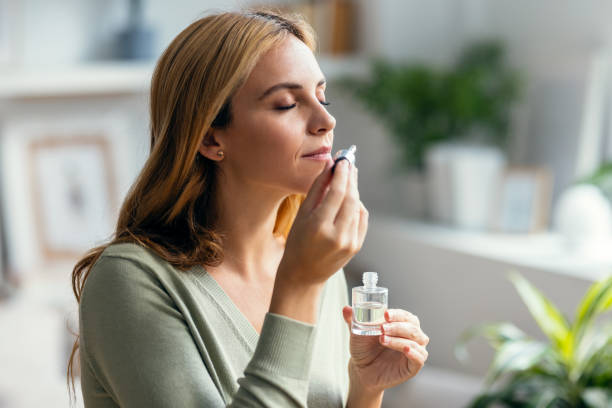
The Future of Essential Oils
As the demand for natural and holistic wellness solutions continues to grow, the essential oil industry is poised for further expansion and innovation. Researchers are continuously exploring the potential therapeutic applications of essential oils, and new extraction methods and blends are being developed to enhance their efficacy and versatility.
One exciting development in the essential oil industry is the rise of organic and sustainable farming practices. Many essential oil producers are now adopting environmentally-friendly and ethical methods to cultivate and harvest their plants, ensuring the long-term availability of these precious natural resources.
Conclusion
Essential oils are powerful natural remedies that have been used for centuries in various cultures for their therapeutic and aromatic properties. While their popularity has skyrocketed in recent years, it's important to separate fact from fiction and understand the truth about these potent plant extracts.
By embracing the benefits of essential oils while adhering to proper safety guidelines and responsible sourcing practices, we can harness the power of nature to enhance our overall well-being and promote a more sustainable and holistic approach to wellness.
Remember, essential oils are not a one-size-fits-all solution, and it's crucial to consult with qualified professionals and do your research before incorporating them into your routine. With the right knowledge and responsible use, essential oils can be a valuable addition to your natural and holistic wellness journey.
CONTINUE READING
Waxing Product
Why Choose Us
At Lifestance, we understand that everyone's hair removal needs are unique. That's why we offer a wide range of professional waxing kits to ensure that different skin types, body hair types and budgets are catered for. Whether you are a seasoned beauty professional or a first-time self-service waxer, we are committed to providing you with an exceptional product and service experience.
Safety and ComfortOur waxing products are made with natural and gentle formulas that have passed rigorous testing and certification to ensure that skin irritation is minimized. At the same time, our patented heating technology allows for precise temperature control, so you can enjoy a comfortable waxing experience.
Professional Quality Convenient and PracticalWhether you're a licensed esthetician or a homeowner, Lifestance has you covered. Our kits contain everything you need and are so easy to use that even beginners can master them. The quality of our products is outstanding, ensuring smooth, flawless skin.
Innovative ideas and serviceWe are constantly developing innovative technologies and formulas to provide our customers with an unprecedented hair removal experience. Whatever your questions or needs, our team of professionals is always on hand to provide you with personalized service and guidance.
When you choose Lifestance, you choose beauty, comfort, convenience and professionalism. We are dedicated to providing you with an exceptional hair removal experience that will help you look and feel your best.


